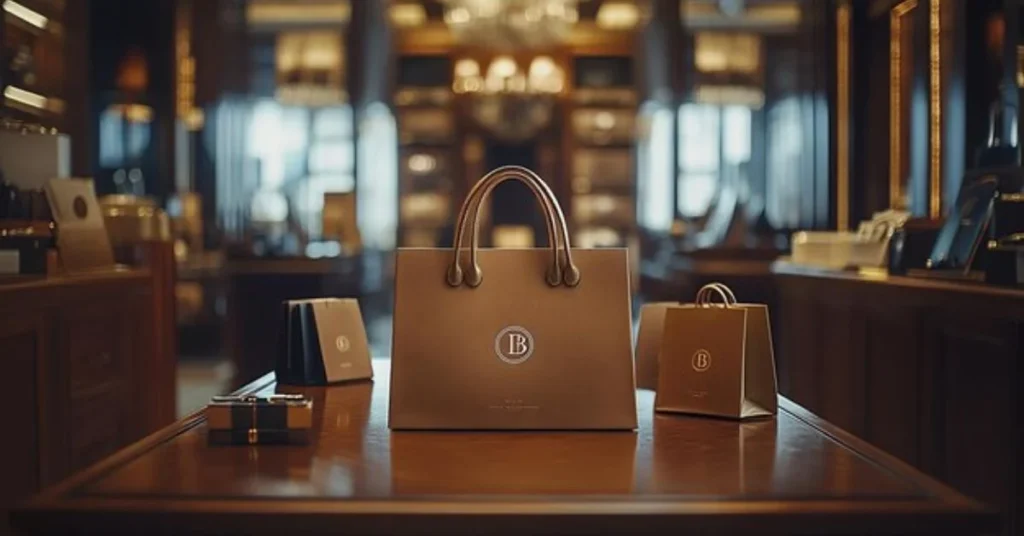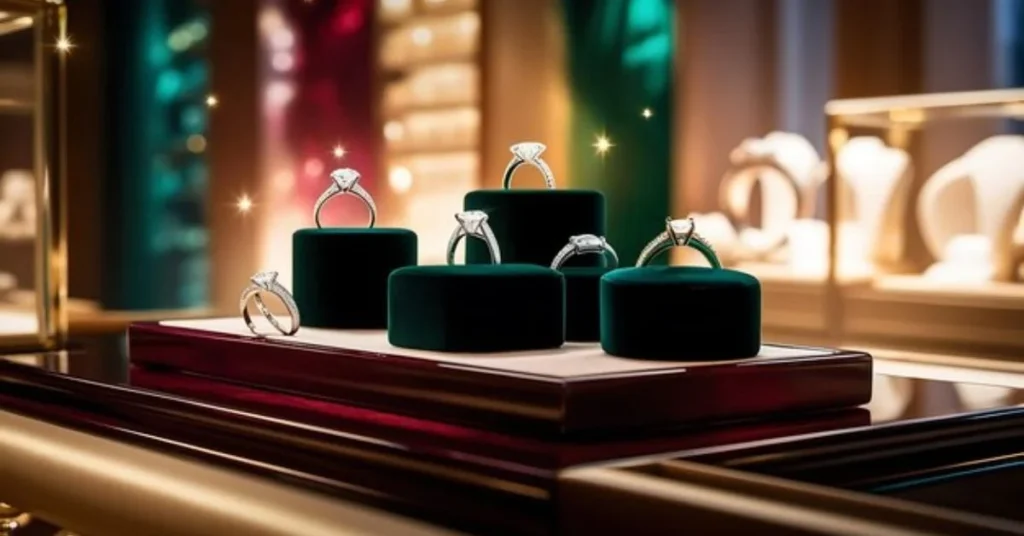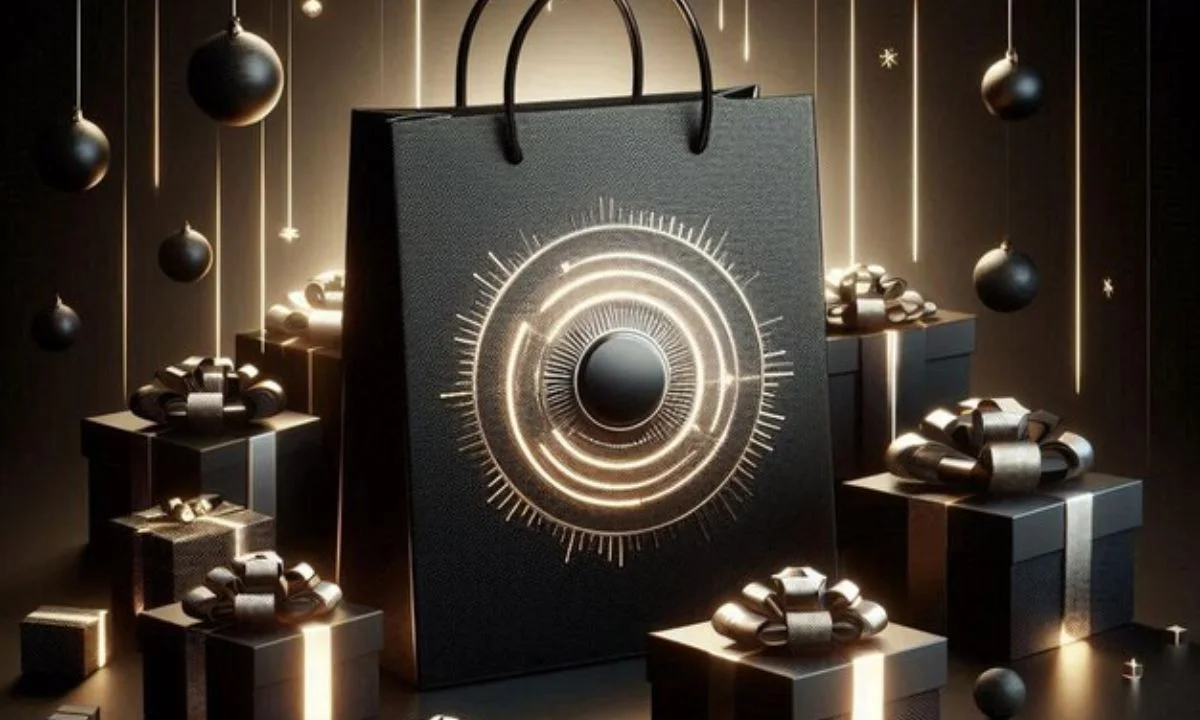Luxury brands thrive on exclusivity, elegance, and timing. Understanding what are important dates for luxury brands is essential for those in the industry to ensure they are part of key moments that influence brand visibility, customer engagement, and sales. From major fashion weeks to product launches, and from holidays to anniversaries, these dates help luxury brands connect with their audiences in a meaningful way.
Key Fashion Events for Luxury Brands
Paris Fashion Week
One of the most iconic events for luxury brands is Paris Fashion Week, which takes place twice a year. It’s a must-attend event where designers like Chanel, Louis Vuitton, and Dior showcase their latest collections. This week is crucial for luxury fashion brands as it sets trends and attracts global media attention.
New York Fashion Week
Another important date on the luxury brand calendar is New York Fashion Week. While Paris is known for haute couture, New York is famous for its contemporary and ready-to-wear designs. Luxury brands use this opportunity to connect with a more diverse audience and launch new collections in the U.S. market.
Must read Cat Eye Lash Map: Master the Art of Lash Mapping for Stunning Eyes
Milan Fashion Week
Milan Fashion Week focuses heavily on luxury brands from Italy like Gucci, Prada, and Versace. This event, held twice a year, is significant for promoting Italian craftsmanship and heritage, making it a key date for brands that value tradition and artisanal design.
Product Launches and Collaborations
Seasonal Product Launches
Many luxury brands plan their product launches around specific seasons. For instance, winter and summer collections are major events that drive sales and visibility. Launching a new product or collection just before a new season helps brands capitalize on consumer demand for fresh, trendy, and luxurious items.

Limited-Edition Releases
Luxury brands often release limited-edition products to create buzz and exclusivity. These launches are often aligned with important dates such as a brand’s anniversary, holiday season, or collaboration with another high-profile brand. The anticipation around limited-edition releases can drive significant sales and media coverage.
Brand Collaborations
Collaborations between luxury brands and designers, artists, or even other brands can be timed around major fashion events or anniversaries. These collaborations can create a lot of excitement in the market, often selling out quickly. Knowing what are important dates for luxury brands allows them to time these collaborations for maximum impact.
Key Holidays and Shopping Events for Luxury Brands
Christmas and New Year
The holiday season, particularly Christmas and New Year, is one of the most critical times for luxury brands. This period sees a massive surge in gift-giving and high-end shopping. Brands often roll out special holiday collections, gift guides, and marketing campaigns to attract consumers looking for the perfect luxury gift.
Chinese New Year
Chinese New Year is an extremely important date for luxury brands, especially those targeting the Asian market. During this time, many luxury brands release special collections or products that reflect Chinese culture and traditions. The spending during this period is significant, making it a prime opportunity for brands to engage with their consumers.
Valentine’s Day
For luxury brands in the jewelry, perfume, and fashion industries, Valentine’s Day is a key date. This is a time when consumers are willing to spend on luxury items for their loved ones. Special Valentine’s Day editions and promotions help brands boost sales and enhance their romantic appeal.
Black Friday and Cyber Monday
While luxury brands typically avoid deep discounts, they still participate in Black Friday and Cyber Monday by offering exclusive deals, limited-time offers, or special online events. These dates are important for luxury brands to attract younger and more digital-savvy consumers.

Anniversaries and Milestones for Luxury Brands
Brand Anniversaries
Luxury brands often celebrate their brand anniversaries with grand events, limited-edition products, or collaborations with famous artists and designers. These celebrations are important because they not only honor the brand’s history but also reinforce the brand’s values and legacy in the minds of consumers.
Store Openings and Milestones
When a luxury brand opens a new flagship store in a major city like New York, Paris, or Shanghai, it becomes a landmark event. Store openings are usually marked by exclusive in-store events, product launches, and a significant marketing push. This is an opportunity for the brand to solidify its presence in key markets.
Iconic Product Anniversaries
Some luxury products have become iconic over time, such as the Hermès Birkin bag or the Rolex Submariner watch. When these products reach milestone anniversaries, luxury brands often release commemorative editions or host celebratory events to remind consumers of their timeless appeal.
Special Cultural and Sporting Events
Cannes Film Festival
The Cannes Film Festival is a significant event for luxury brands, especially those in fashion and jewelry. Celebrities wearing luxury brands on the red carpet generate media buzz and help promote the brand’s image. Many brands also sponsor exclusive events and parties during the festival.
The Met Gala
The Met Gala in New York is another major event where luxury brands get the spotlight. Designers create custom gowns and outfits for celebrities attending the event, generating media coverage that extends well beyond the red carpet. This event is important for luxury brands looking to showcase their creativity and craftsmanship.
Sporting Events
Luxury brands often partner with or sponsor high-profile sporting events such as the Monaco Grand Prix or Wimbledon. These events attract affluent consumers, providing a platform for luxury brands to promote their products and lifestyle values. Brands like Rolex and TAG Heuer are known for their strong association with sports.
Conclusion: What Are Important Dates for Luxury Brands?
Understanding what are important dates for luxury brands is crucial for staying competitive in the high-end market. These dates, from fashion weeks to product launches, holidays, and anniversaries, shape how luxury brands engage with their customers and the media. By aligning their marketing strategies with these key dates, luxury brands can maximize their visibility, boost sales, and strengthen their brand image.
Staying ahead of these important dates allows luxury brands to plan their campaigns, create exclusive products, and maintain a steady presence in the competitive luxury market. Whether it’s a major fashion event, a holiday, or a special anniversary, timing is everything when it comes to luxury branding. Click here for more information.

What are important dates for luxury brands to consider?
Luxury brands focus on fashion weeks, product launches, and holidays like Christmas, Valentine’s Day, and Chinese New Year as key dates for engaging with customers.
Why are fashion weeks important for luxury brands?
Fashion weeks like those in Paris, Milan, and New York are crucial for luxury brands to debut their latest collections, set trends, and gain media attention.
How do holidays impact luxury brands?
Holidays like Christmas and Chinese New Year drive consumer spending on luxury goods, making them key times for special promotions and product releases.
Do luxury brands participate in Black Friday?
Yes, although luxury brands tend to avoid heavy discounts, they may offer exclusive deals or limited-edition products during Black Friday and Cyber Monday.
How do brand anniversaries affect luxury brands?
Brand anniversaries are a time for luxury brands to celebrate their legacy with special editions, collaborations, or exclusive events that reinforce their history and values.
